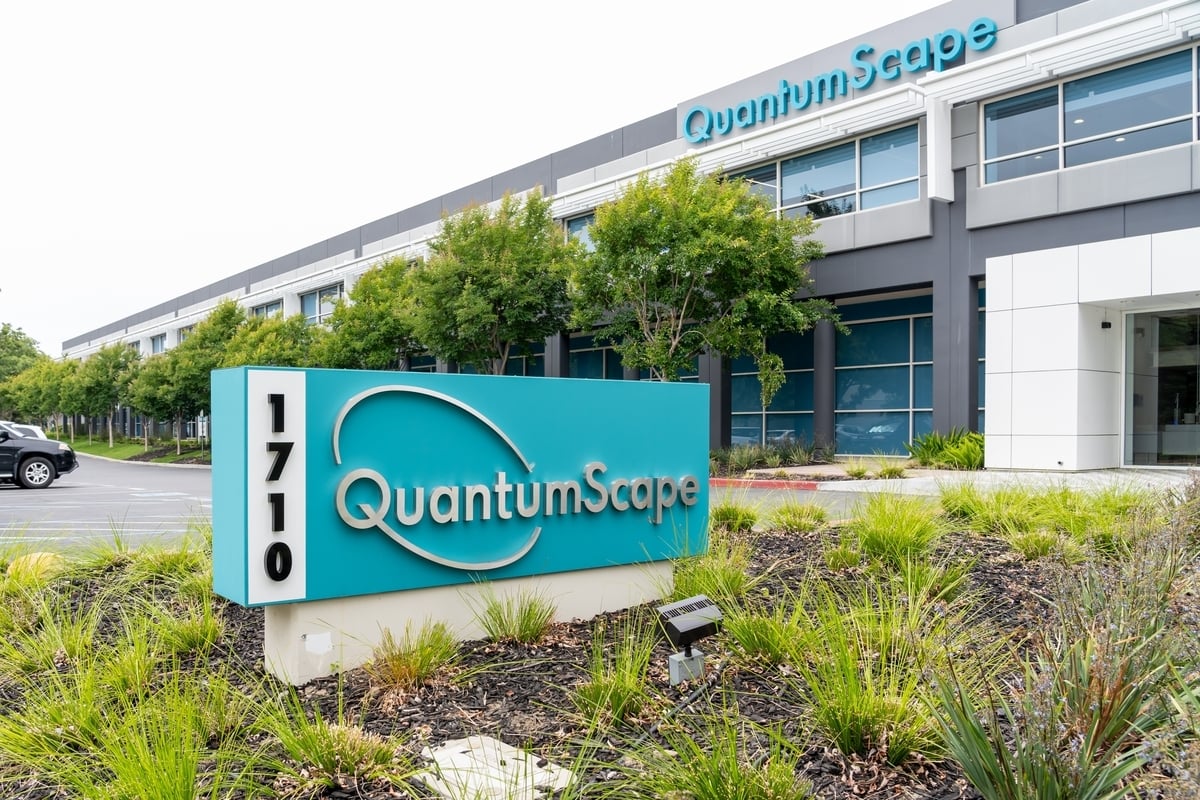**U.S. Government Plans to Use CHIPS Act Funds to Support Quantum Computing Firms Amid Security Concerns**
The U.S. government is exploring plans to use funds from the CHIPS Act to support quantum computing companies. This move aims to strengthen national security and maintain a technological edge over global competitors, particularly China. However, experts warn that the rapid advancement of quantum computing could soon threaten existing encryption systems that protect sensitive information across critical sectors.
—
### Government Plans to Fund Quantum Computing
The U.S. Department of Commerce is reportedly in early discussions with quantum computing firms about providing direct financial support drawn from the CHIPS Act. This funding effort is designed to keep pace with China’s advancements in quantum technologies, which have raised concerns within U.S. government circles.
Quantum computers possess the potential to break current encryption methods that safeguard vital areas such as finance, healthcare, and military operations. To mitigate these risks, government officials are seeking to exchange their investments for equity stakes in quantum tech companies—a strategy similar to an earlier deal made with Intel this year.
This proactive approach highlights growing unease over the risk that quantum technologies may soon undermine existing security measures, exposing sensitive systems to vulnerabilities.
—
### Debate Over Government Involvement in the Quantum Sector
While the government’s motivation centers on national security, its plan to invest directly in quantum computing firms has sparked debate among economists and free-market advocates.
Critics argue that increased government intervention risks steering the U.S. economy toward a centrally planned model. Economist Peter Schiff voiced his concerns on social media, emphasizing that markets, not the government, should allocate resources and determine business success.
Conversely, supporters contend that government involvement is crucial to preserving U.S. competitiveness in emerging technologies. With the global race for quantum computing supremacy intensifying—especially with China’s rapid progress—some believe federal backing is necessary to maintain the country’s leadership in technology and innovation.
—
### Quantum Computing’s Impact on National Security
Quantum computing could disrupt countless industries, especially those reliant on cryptography for security. If quantum computers achieve the capability to break current encryption algorithms, confidential information across banking, healthcare, defense, and more could be compromised.
In response, there is a significant push toward developing post-quantum cryptography—new encryption standards designed to resist quantum attacks. However, experts caution that the timeline for quantum computers to break traditional encryption is uncertain: estimates range from five to ten years, while some worry the threat may already be emerging.
A particular concern is the tactic known as “harvest now, decrypt later,” where attackers collect encrypted data today with the intent to decrypt it in the future once quantum computing advances sufficiently. This possibility intensifies the urgency for stronger security solutions.
—
### The Role of Post-Quantum Cryptography
As investments in quantum computing accelerate, so does the focus on building resilient post-quantum cryptographic solutions. Both private companies and government agencies are actively developing strategies to prepare for the quantum era.
These new encryption methods aim to protect data from being broken by quantum algorithms, ensuring continued digital security.
David Carvalho, CEO of Naoris Protocol—a cybersecurity firm specializing in post-quantum solutions—warns that quantum computers may already be operational beyond public knowledge. He stresses that adversaries could have gained control of quantum technologies without widespread awareness, making early and proactive defenses essential.
—
### Conclusion
The U.S. government’s consideration to fund quantum computing firms using CHIPS Act resources reflects the urgency surrounding quantum technology’s dual promise and risks. Balancing national security needs with economic principles and market dynamics will be critical as the country navigates this rapidly evolving technological frontier.
Simultaneously, advancing post-quantum cryptography remains paramount to safeguard vital digital infrastructure from emerging threats posed by quantum computing breakthroughs. Vigilance and proactive investment in both offensive and defensive quantum technologies will shape the future of cybersecurity and global technological leadership.
https://coincentral.com/u-s-explores-quantum-computing-investments-to-counter-rising-security-threats/
